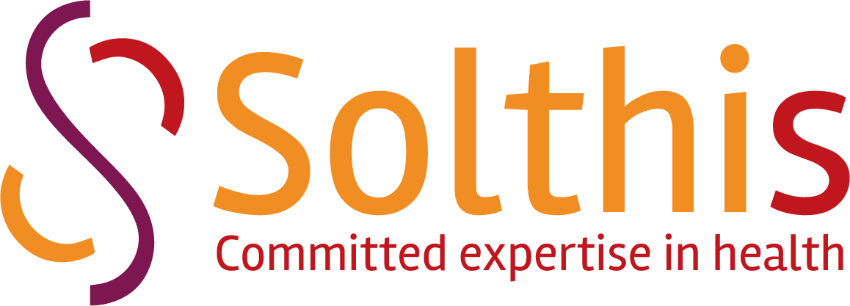June 2024 – March 2025
Chad
According to UNAIDS, in 2022 around 120,000 people will be living with HIV (PLHIV), representing a prevalence of 1%, unevenly distributed across the country. Of these people, 85% would know their status and 74% would be on antiretroviral (ARV) treatment, leaving around 1/5 of PLHIV unaware of their status and 1/4 untreated.
The situation is particularly critical for certain key populations. Among female sex workers (SW), prevalence is 13.7%, and among men who have sex with men (MSM), it is 4.8%.
However, only 28% of PLHIV among SW and 10% among MSM taking part in IBBS 2021 were on ARV treatment. Young girls aged between 15 and 24 are another vulnerable population.
Although they represent only 10% of the population, they account for 1/4 of new infections, showing a high incidence in this group. To meet these challenges, two innovative strategies, which complement existing measures, have been included in the NFM3 grant, which will be available to the country until the end of 2024: pilot HIV self-testing (HIV-ST) and pre-exposure prophylaxis (PrEP).
In 2023, as part of the Global Fund’s Differentiated Service Delivery Strategic Initiative (DSD-SI), Chad benefited from technical assistance provided by teams from the NGO SOLTHIS, which confirmed the interest and feasibility of introducing these two new strategies in close collaboration with WHO teams.
These efforts are aimed at improving the situation and reaching the populations most at risk in order to reduce the spread of HIV in Chad. However, much remains to be done to finalise the preparation of pilot HIV-ST and PrEP programmes tailored to the needs of key populations within a short timeframe.
The technical assistance requested by CNLS Tchad is intended to extend the support provided in 2023 into 2024 and to support the various beneficiaries of Global Fund grants.
General objective
To support and assist NFM3 recipients in setting up pilot HIV pre-exposure prophylaxis (PrEP) and HIV self-testing (HIV-ST) programmes for target populations in Chad by 2024.
Specific objectives
- SO1: Finalise or develop the tools needed for PrEP and HIV-ST programmes
- SO2: Strengthen the capacity of implementing operators
- SO3: Evaluate the pilot programmes and propose the system
Beneficiaries
-
National HIV/AIDS/STI Control Council (CNLS)
Results
-
Integration of monitoring and evaluation (M&E) of HIV-ST and PrEP through the implementation of M&E tools:
- Adapt the tools and integrate the specific M&E of HIV-ST and PrEP into the national M&E system, including participation in the validation workshops planned for NFM3
- Support the implementation of monitoring and evaluation tools
- Contribute to on-site post-training support for those involved in the HIV-ST and PrEP pilot sites in collecting monitoring data
-
Information and communication tools (IEC):
- Support the development of information and communication tools (IEC) essential for the start-up of PrEP and HIV-ST activities
- Contribute to the development of specifications for other IEC tools and take part in the IEC tool development workshops planned for NFM3
-
Training modules:
- Finalise the HIV-ST and PrEP training modules to adapt them to the profile of the players and the methods of implementing the pilot programmes
- Participate in workshops to validate the training modules planned for NFM3
-
Supply circuits:
- Participate in the definition of supply circuits, tools and people involved in the management of HIV-ST and PrEP stocks at the various levels involved, in liaison with the national GAS (supply and inventory management) teams
-
Training of trainers:
- Carry out the training of PrEP and HIV-ST trainers planned for NFM3
-
Setting up PrEP circuits:
- Support the implementation of PrEP circuits, including the selection of pilot sites and the identification of the players involved within each structure
- Produce a concise forward-looking assessment of operational challenges
-
PrEP and HIV-ST action plans & coordination of pilots:
- Organise scoping meetings and update action plans in connection with the implementation of HIV-ST and PrEP circuits
-
Take part in coordination meetings on the progress of the HIV-ST and PrEP pilot programmes





